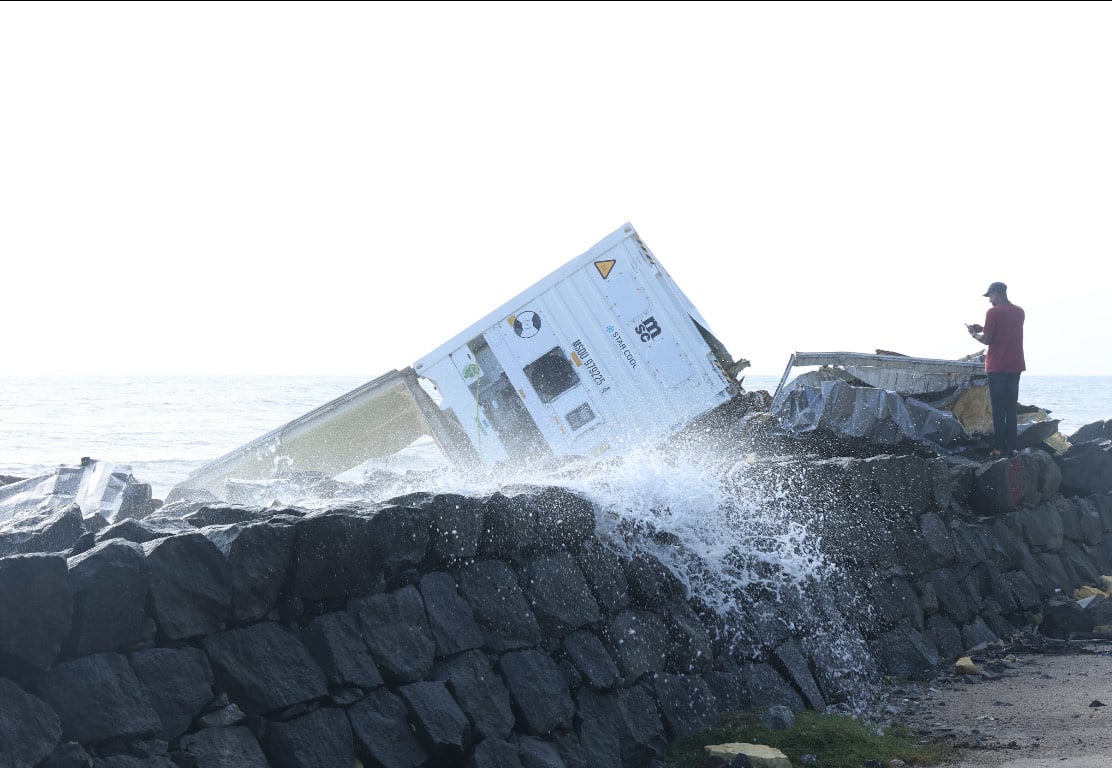Bihar does not have enough fossil fuel resources to generate electricity for its future needs. The centralised model of energy has also failed to deliver. Therefore, the solution lies in accelerated development of renewable energy-based power projects, both grid-connected and off-grid, to meet the future energy demand and to ensure long-term energy security for the state.
“After studying the power-sector in Bihar and from the broad consensus that state government policies by themselves may not be enough to adequately address the critical issues and to accelerate the development of renewables in Bihar, it was felt necessary for Bihar to have a legal, policy, and regulatory framework backed by a strong and progressive renewable energy act (RE Act), said Mrinmoy Chattaraj, Campaigner, Greenpeace India.
The proposed legal, policy, and regulatory framework for Bihar is a result of extensive stakeholder consultation conducted within and outside the state during the last one year by Greenpeace and World institute of Sustainable Energy (WISE), Pune. “This framework will facilitate time-bound access to energy for Bihar’s rural population and create the market and environment for accelerated and equitable socio-economic development in the state, besides ensuring long-term energy security through environment friendly sources of energy” said G.M. Pillai, Founder Director General, WISE.
The proposed policy framework mainly looks into; innovative financing mechanism, innovative business model, strengthening of the existing state nodal agency, with year-by-year targets and specific provisions for promotion of DRES along with strategies for development of grid-connected RE power projects including grid evacuation arrangements and provisions for maintaining grid stability in the scenario of increased RE penetration. The frame work prioritizes selected DRES applications as per the socio-economic status of people and outlines the strategies of large-scale deployment of various systems. It also suggest regulatory guidelines for operation of distributed generation and supply projects (micro-grid projects) by the government / village electricity committee or private entrepreneur both in off-grid and grid-connected mode.
Program Coordinator, Centre for Environment and Energy Development (CEED) Naveen Mishra said “A legally binding policy framework in the form of an RE Act or integrated policy, when adopted by the state government, will provide the much-required mandatory framework for formulating an effective RE policy and implementing it along with financial mechanism, R&D, capacity building, and defining clear roles and responsibilities for accelerating the development of grid-connected as well as decentralized renewable energy in Bihar.”
“A strong decentralised renewable energy law will enable a favourable environment for development and deployment of renewable technologies and will further the development of the state,” Mrinmoy added further.
Greenpeace along with Centre for Environment and Energy Development (CEED) and BASIX has recently announced setting up a micro-grid in the village Dharnai, Jahanabad district to showcase the efficacy of decentralised renewable energy.




